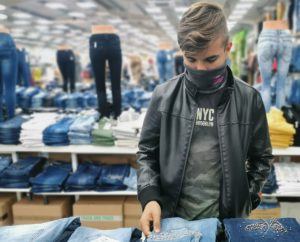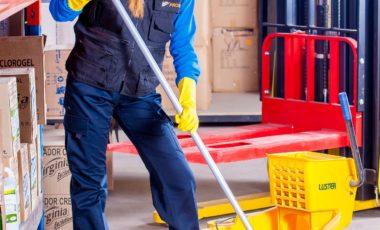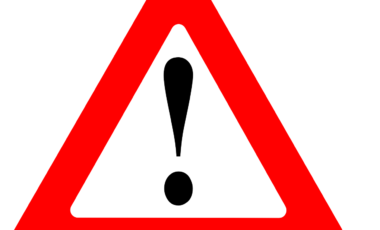
Can You Sue a Business for Covid-19 Exposure in Utah?
The laws of premises liability detail what duties are owed to an invitee, licensee, or trespasser on commercial or private property. Recently, businesses have voiced concerns about the premises liability they might face for COVID-19 exposure or transmission. In other words, can a business be held liable for hosting a super-spreader event that leads to many people contracting COVID-19? In May 2020, the Utah Governmental Immunity Act was passed. This law states that a public, private, or governmental entity may be immune from civil liability in this regard and what, if any, potential claims a plaintiff might have if they can trace infection to a restaurant or retail establishment. If you contracted COVID-19 and have questions about your legal options, contact our attorneys at Rocky Mountain Personal Injury Center right away.
Limiting the Spread and Contract-Tracing
While a vaccine is on the way, you must take safety precautions and try not frequent establishments except when necessary. Notwithstanding, store owners owe a duty to licensees to keep the premises clean and free from hazards. What about an invisible hazard like COVID-19 particulates? Is it enough that restaurants use sanitizers and ozone purifiers in the air and wipe down surfaces every few minutes? Should patrons be temperature checked before entry? How do you navigate the legal battlefield as a patron who contracted the virus? Utah Statute 63G, Chapter 7 dictates governmental immunity for potential COVID-19 exposure. The statute states that a person cannot seek damages from the government, an individual, or business entity. The only exception to the statute is due to willful misconduct or intentional acts.
Defining Willful Misconduct
An intentional tort is an intentional act causing harm to another person. A battery or physical assault is an example of an intentional tort and a criminal act. Throwing marbles on the ground to make someone trip would also be an example of an intentional tort. The Utah legislature defines willful misconduct as “intentional doing of a wrongful act which is likely to cause injury. For a premises owner to be found liable for willful misconduct, the plaintiff would need to establish prima facie evidence that the store owner deliberately contributed to virus transmission. An example might be video evidence of a store employee purposefully sneezing on door handles or coughing directly onto credit card readers. A store owner cannot be made liable for simple transmission because it is very difficult to contract-trace the spread of such a contagious virus. There is almost no guaranteed protection from contracting it unless patrons were required to test negative before entering a store or restaurant. Some facilities ask patrons to sign a waiver prior to entry or to complete a questionnaire denying symptoms along with temperature checking. Essentially all patrons enter public facilities at their own risk and should assess their own comfort level and risk of contracting the virus or other illness when making these personal decisions.
Call Our Attorneys Today
While it can be frustrating to navigate this new normal of COVID-19, our attorneys are here to help. We can assist you with various legal needs and help you to identify whether you may have a potential case based on the facts of the incident and laws applicable. Understand however, that both medical providers and public establishments have limited immunity regarding Covid-19 transmission. If you have additional questions, call our Rocky Mountain Personal Injury Center attorneys today.




